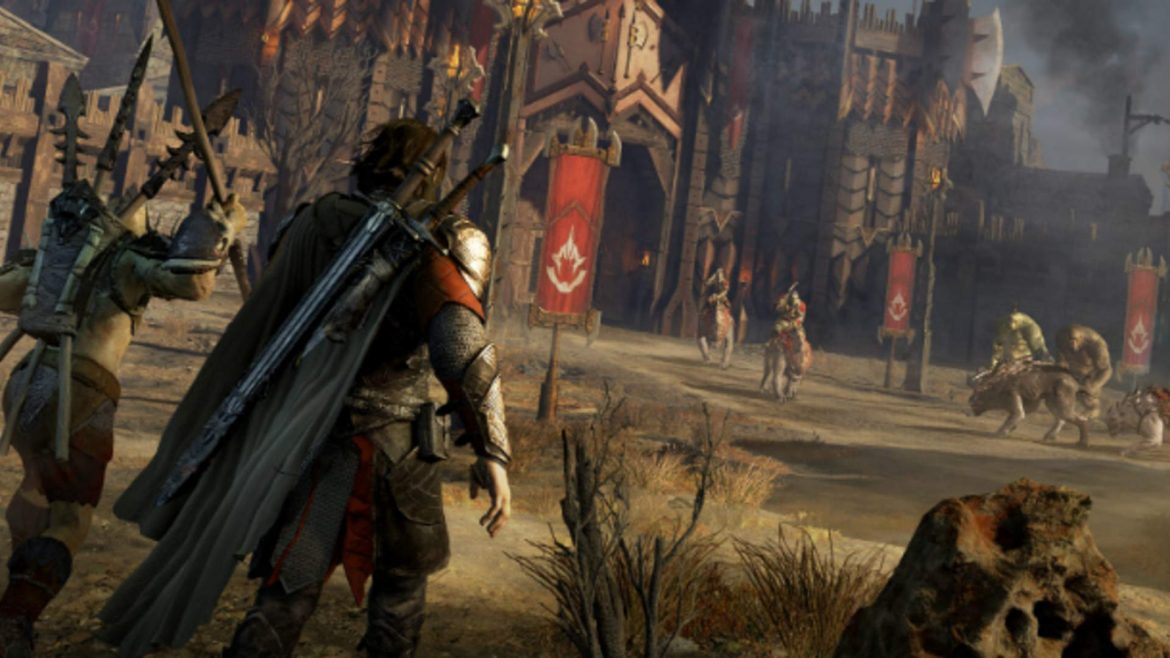Welcome back, readers.
First things first, if you haven’t already checked it out, this resource is here if you would like to find out more about how to support Asian-American communities near you in a time when anti-Asian violence is on the rise and the US isn’t helping things by manufacturing consent for a cold war with China.
No major updates from around the site over the last week, but we did just turn twelve years old (as of yesterday, to be precise). Here’s to another twelve and beyond, as we continue our project to find, collect, and promote engaging and innovative critical writing on games each and every week (except sometimes Christmas when Kris or Zoyander reminds me I’m supposed to take that week off).
This Week in Videogame Blogging is a roundup highlighting the most important critical writing on games from the past seven days.
State of the Art
Our first section today brings together four critical responses to trending and topical stories in games news, reflecting alternately on trends, cycles, representational challenges, and more.
- It Is Way Too Soon For The Last Of Us PS5 Remake | TheGamer
Jade King engages in a critique partially of the accelerating pace of remakes and partially of Sony’s all-or-nothing contemporary business model. - Six Days In Fallujah Is Just More of the Same | Sidequest
Madison Butler delves into the marketing motivations that prompt game companies to try to have it both ways in their messaging when it comes to games-as-political. - GLAAD Just Gave Two Games The Same Award And I Have No Idea Why | TheGamer
Stacey Henley breaks down how queer recognition at games awards hasn’t yet caught up with queer representation in contemporary games. - Fantasian: The Good, The Bad, The Ugly – No Escape
Kaile Hultner reports back from time with Sakaguchi et al.’s newest JRPG, situating it in the context of the curation, precarity, and inevitable disappearance of mobile games.
“I’d argue that Apple is now actively deciding what the “mobile games canon” is, rather than passively letting the App Store ebb and flow. If you’re not part of the canon, the App Store is now even more likely to just swallow you up – if not now, then some day.”
Medium Difficulty
A loose running theme threaded through our next section is the tension, challenge, and fruits of narrative play through the lenses of player motivation, structure, and negative space.
- 1984: The Hitchhiker’s Guide to the Galaxy | 50 Years of Text Games
Aaron A. Reed delves into Douglas Adams’ subversive, playful, and meta contribution to the early days of interactive fiction. - Get a life – The Sims – Super Chart Island
Iain Mew, in a discussion of intrinsically-motivated, open-ended play, notes how The Sims‘ unstructutred priorities didn’t wholly surive the transition from PC to console. - Kaede | press.exe
Talen Lee looks at the rudimentary minimalism of fighting game stories and the negative space that creates to fill up with all sorts of queer readings. - Gamasutra: Katarina Gyllenback’s Blog – The Nemesis of Narrative
Katarina Gyllenback offers some longform thoughts on the tensions between narrative design, interface systems, and creative freedom, in light of the recent patenting of Shadow of War‘s Nemesis System.
“As a hybrid, I dream of a cognitively friendly unity between minds in time and space, enabling creators to jointly explore possibilities by utilizing the medium, embedding the dynamic and motivating forces to etch the experience on memory.”
Fresh from Japan
Our next pair of pieces this week take a look at recent releases from genres and series that tend not to travel very far beyond Japan, though in one case here “recent” shall be taken to mean “recently localized!”
- INTERVIEW: After 13 Years, Indie RPG Masterpiece Ruina is Finally Available in English | Crunchyroll
Adam Wescott remarks upon an all-time great of the RPG Maker scene and the technical challenges that inform its belated English translation. - Review: Densha de GO! Hashirou Yamanote Sen – Kimimi The Game-Eating She-Monster
Kimimi takes a look at a contemporary train simulator that works hard to get you to love trains as much as it does.
“Every moment it can the game is making an effort to reach out, to show you something you might like or offering quick refreshers just to make sure you’re still feeling comfortable and confident in this environment.”
Spaces Between and Beyond
Next up, two articles focused to some degree on spatial analysis as examined through various narrative, technological, and design-minded lenses.
- Ant Attack [1983] – Arcade Idea
Art Maybury explores some of the aesthetic and spatial possibilities on display in a Spectrum-era isometric platformer. - The Exquisite Liminality Of Zelda: Skyward Sword | Nintendo Life
Kate Gray walks through the spaces between, in Zelda at large and Skyward Sword in particular.
“Skyward Sword is all about breaking through boundaries, dwelling in the spaces in-between, and the tension of transition.”
Critical Chaser
Saturshot closes us out this week with a concise commentary on a commonplace conceit.
- Death, and Cultural Worldbuilding | Saturshot
Ruth Cassidy thinks through the implication of a cultural default when the rituals around death go unexplored in games.
“Death is omnipresent in many kinds of games, but Nowhere Prophet demonstrates that it only takes the smallest details to thoughtfully consider death as a part of culture, and not a monolith.”
Subscribe
Critical Distance is community-supported. Our readers support us from as little as one dollar a month. Would you consider joining them?
Contribute
Have you read, seen, heard or otherwise experienced something new that made you think about games differently? Send it in!


